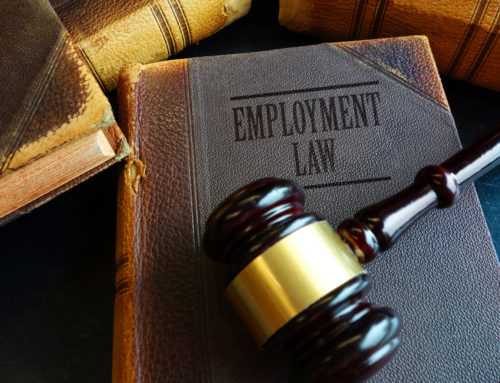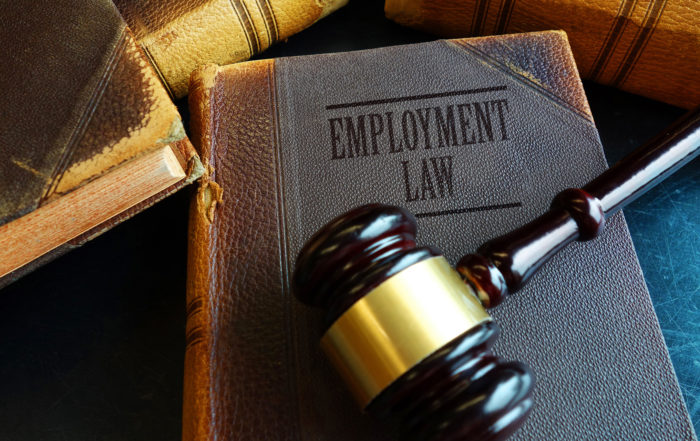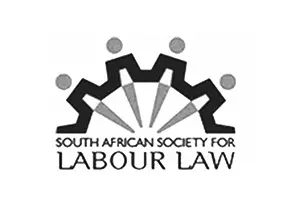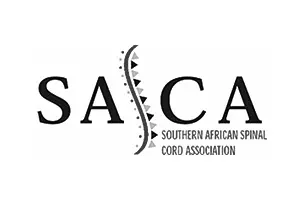
Three possible outcomes to the lockdown’s effect on employee benefits
Currently, there are three possible outcomes to the lockdown. It ends 16 April 2020 as originally announced, it is extended by a period of time be it one week to an additional three weeks or alternatively in a worst-case scenario it is extended to the end of the year.
Each of these scenarios would have different consequences for employees affecting the remuneration they can receive and the benefits which are available to them from various government and private funds.
In the best-case scenario, restrictions are uplifted and life returns to semi normality from 16 April 2020 onwards.
What would that mean?
There are many economists who have indicated that even the short lockdown that we have experienced to date would have severe negative effects on small to medium-sized enterprises.
Cash flow would have been severely disrupted, and consumers may not be willing to spend freely and will be more cautious with savings. This means that if there were any temporary layoffs during the lockdown these may well be made permanent.
If employers employ temporary work staff, fixed-term contractors or even on a seasonal basis, on consideration of their cash flow and the anticipated consumer spend they may well not employ to the level which they would have prior to the lockdown.
In this scenario, the Labour Relations Act, as amended, will provide some redress by way of severance packages where these are apposite otherwise the existing funds would have to bear the brunt. The funds, however, are not unlimited and the benefits payable are fixed for a duration of time – currently to the end of the lockdown period. In other words, these will not replace fixed monthly salaries.
In the medium case scenario where the lockdown is extended by any period of time up to June 2020, these losses to employees will be even greater. Businesses will be severely disrupted. Whether they will themselves be able to re-open is questionable. The economy would have contracted significantly. There is already a high unemployment rate which exists and this will be exacerbated.
The government will have to reconsider many of its temporary relief schemes and extend the same. Current schemes put in place in under the National Disaster Legislation and managed by the Unemployment Insurance Fund in terms of its own legislation may have to be extended. Money will have to be made available and already the government is seeking financial relief from other countries and the IMF.
The worst-case scenario is that the lockdown is extended to the end of the year will be devastating both to the employers and employees.
With consumers spending suppressed for this period of time it will take years to restore the level of confidence which both producers and consumers have in the economy and which would mean an extended period of time for consumers to release their hold on savings, which they may have left, with discretionary spending on entertainment and the like being hardest hit.
Long queues will form at various UIF offices around the country and as this is social legislation the state would have to assess whether the current benefits payable are affordable and sustainable.
At the moment employers and employees are sharing the load. One of the ways in which they are doing so is by splitting the annual leave which is available.
The minister of labour has reported that he has received numerous complaints that employers have been requesting that employees use annual leave as a first response to the lockdown.
In most employment contracts, the employer retains the discretion as to when to enforce a compulsory shut down period during the working year. That has usually been accepted to be during the December period for most businesses and in most industries. However, the enforced shutdown can take place at any time and at the discretion of the employer. Requesting employees to use annual leave for a portion or some of the period of the lockdown is therefore legal. The minister’s plea is that the financial repercussions and harms not be shifted to the employees if possible.
Annual leave should be distinguished from unpaid leave. Unpaid leave would usually be granted to an employee when all other types of leave have been exhausted, say for instance if the employee requests additional leave once annual leave, for example, has been exhausted and the employer grants that leave. That leave would be unpaid. Or if an employee has exhausted all his sick leave within the 3-year cycle, any additional sick leave could well be granted as unpaid leave.
However, this period of lockdown does not lend itself to the granting of the unpaid leave.
The minister has appealed both to employers and employees (but mostly to the employers) to use the R80 billion national disaster benefit fund which is available to pay UIF benefits and to help mitigate the impact of laying off workers during this lockdown.
There is an obligation on employers to do what they possibly can to protect their employees. If this is done by way of spreading the payments between creditors such that funds are available for payment to employees or alternatively by seeking assistance from the various government funds and schemes to do so, these options must be explored. The employees also have to bear in mind the cash flow of the organisation and the real existential crisis which the employers may be facing.
Each organisation will have to review its own needs and cash flow and weigh those up against the moral and / or statutory obligations which they may have towards their employees.
If South Africa is to rise again long after the virus has run its course it is to do so with united purpose and co-operation.
The current position on objections to the con/arb process
Con/arb process - The Commission for Conciliation, Mediation[...]
Out of time? Think again – The CCMA and its rules
By Lara Keil (Candidate Legal Practitioner) under the[...]
RAF’s lodgement requirements: Claimants further prejudiced
By Lara Keil (Candidate Legal Practitioner) under[...]

















